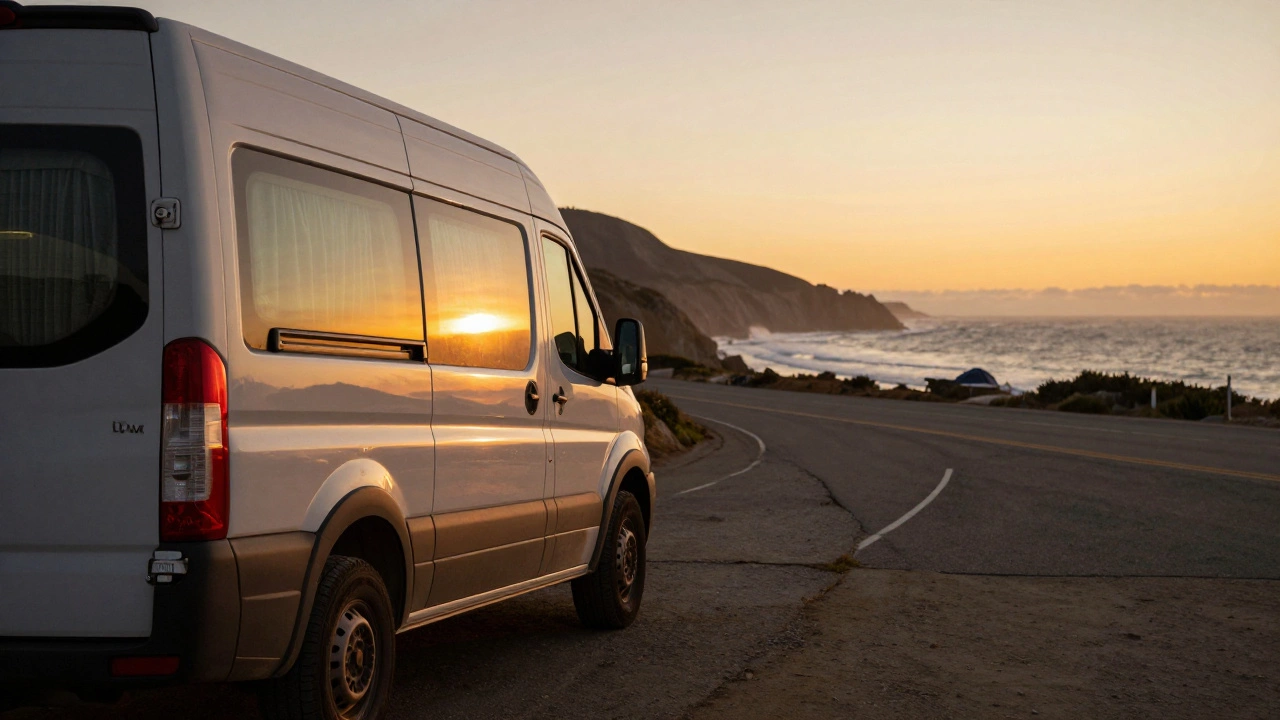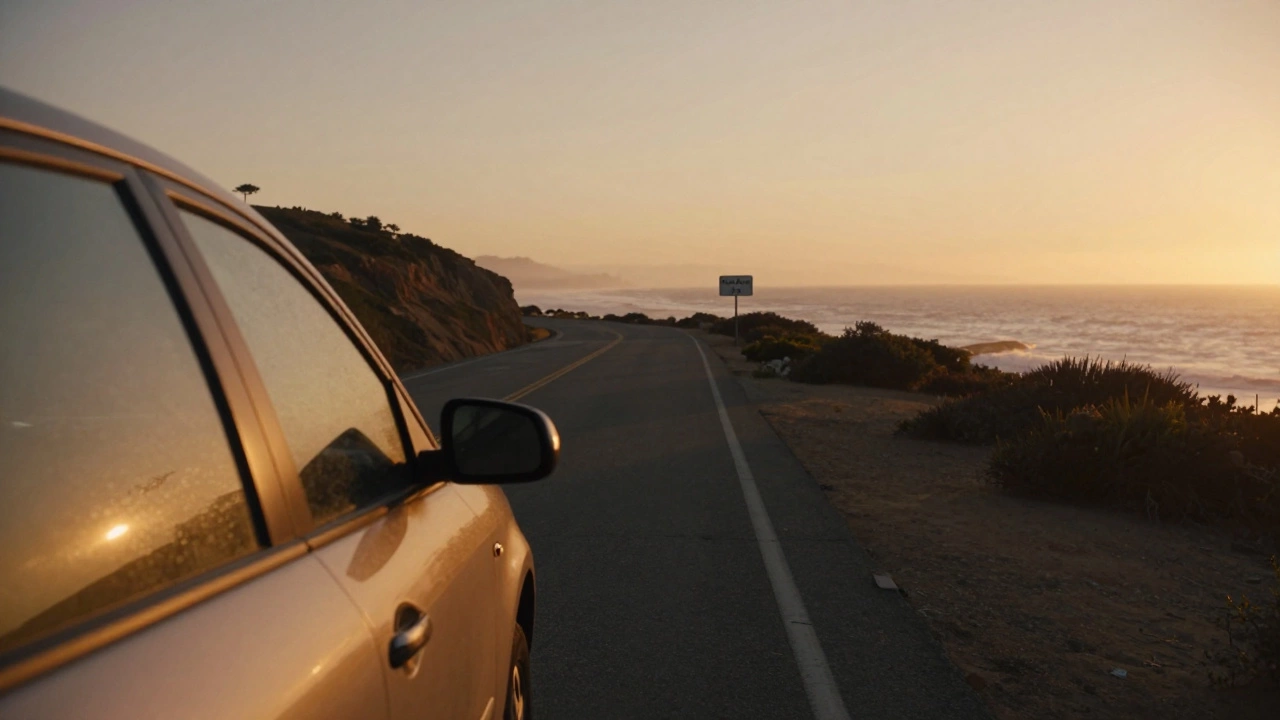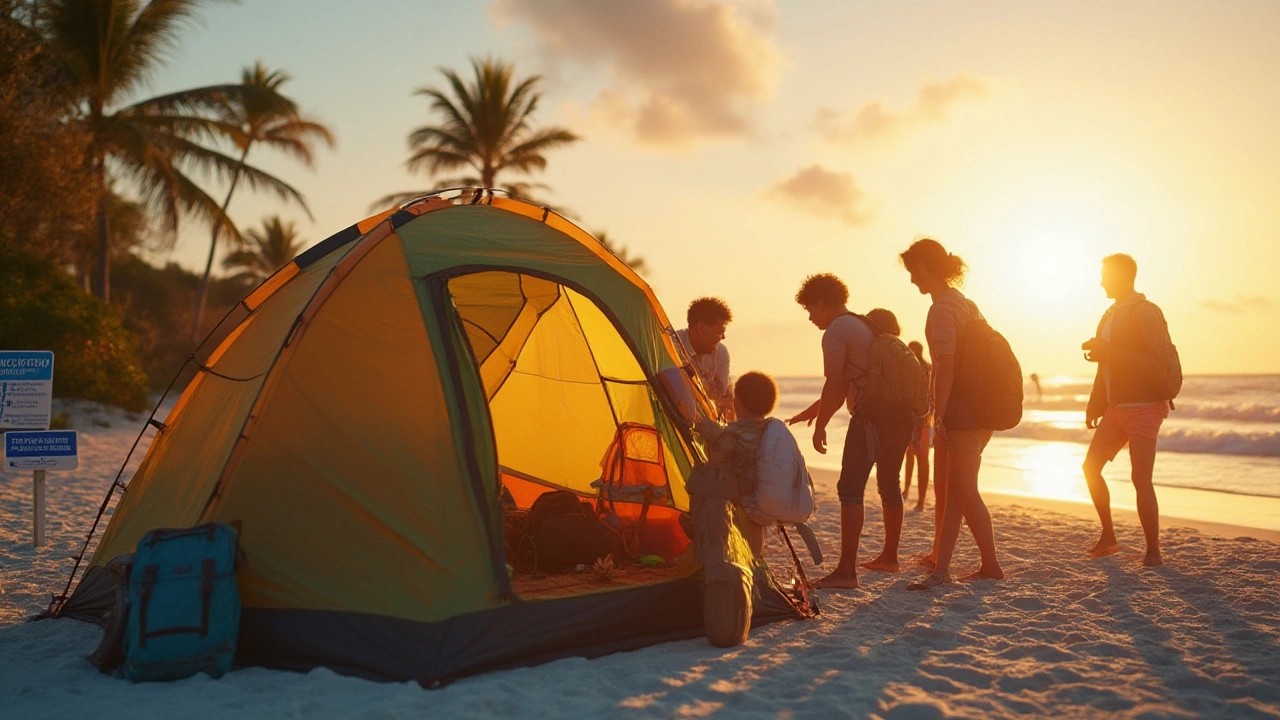Beach Camping Laws: Your Quick Guide to Staying Legal on UK Shores
Thinking about sleeping on a sand dune or pitching a tent right by the sea? Before you roll out that sleeping bag, you’ll want to know the rules that keep you out of trouble. The UK has a patchwork of byelaws, access codes, and local ordinances that affect where you can set up camp on a beach.
England and Wales: Byelaws and Local Restrictions
In most of England and Wales, wild beach camping is not automatically allowed. Local councils can issue byelaws that ban camping on popular stretches, especially during the summer months. If you’re caught, you could face a fine of up to £500, and the police can ask you to move.
However, not every beach is locked down. Some coastal towns have designated “free camping” zones where you can stay for one night without permission. These spots are usually marked on council websites or by signage on the beach. Always check the local authority’s website before you arrive.
When you do find a legal spot, keep these practical tips in mind: arrive late, leave early, keep your camp small, and make no noise after 10 pm. Respect any signs that say “no camping” or “private land” – they’re there for a reason.
Scotland: Outdoor Access Code Makes a Difference
Scotland is the outlier because of the Scottish Outdoor Access Code. The code gives you the right to camp on most unenclosed land, including many beaches, as long as you act responsibly. That means you must not cause damage, you should leave the area cleaner than you found it, and you need to move if asked by a landowner.
Even in Scotland, some beaches are protected for wildlife or have specific restrictions during nesting season. Look for signs about gull or seal colonies, and move elsewhere if those are in place.
One handy trick is to use the “Leave No Trace” checklist: pack out all rubbish, avoid lighting fires on the sand, and stay at least 20 metres away from dune vegetation. Following the checklist usually keeps you on the right side of the law.
Regardless of where you are, knowing the local rules before you set up saves you a fine and a fight with the authorities. Most councils and tourism boards publish up‑to‑date maps or PDFs that show which beaches allow overnight stays.
If you’re unsure, consider alternatives that give you the beach vibe without breaking the rules. Many coastal campgrounds offer pitches just a short walk from the shoreline, complete with toilets and showers. Some sites even provide electric hookups for motorhomes, so you can enjoy a night by the sea without packing a tent.
Another option is “car‑parking camping” where you park a motorhome or campervan in a designated lay‑by and sleep inside. This is legal in many places as long as you follow local parking limits and don’t block traffic.
Bottom line: beach camping can be a fantastic experience if you respect the law and the environment. Do a quick online check, follow the local signs, keep your camp low‑key, and you’ll get to wake up to sunrise over the waves without any hassle.
Can You Sleep on the Side of the Road in California? What the Law Really Says
Sleeping on the side of the road in California isn't illegal everywhere-but it's risky. Learn where it's allowed, where you'll get fined, and safer alternatives for beach and roadside overnight stays.
Can You Sleep on the Side of the Road in California? What the Law Really Says
Sleeping on the side of the road in California is mostly illegal, especially near beaches. Learn where you can legally sleep in your car, the risks of getting caught, and better alternatives for road trippers.
Florida Beach Camping Laws: Can You Legally Camp on the Beach?
Is beach camping legal in Florida? Learn about state laws, tips, and where you can set up your tent for an unforgettable night by the sea.


